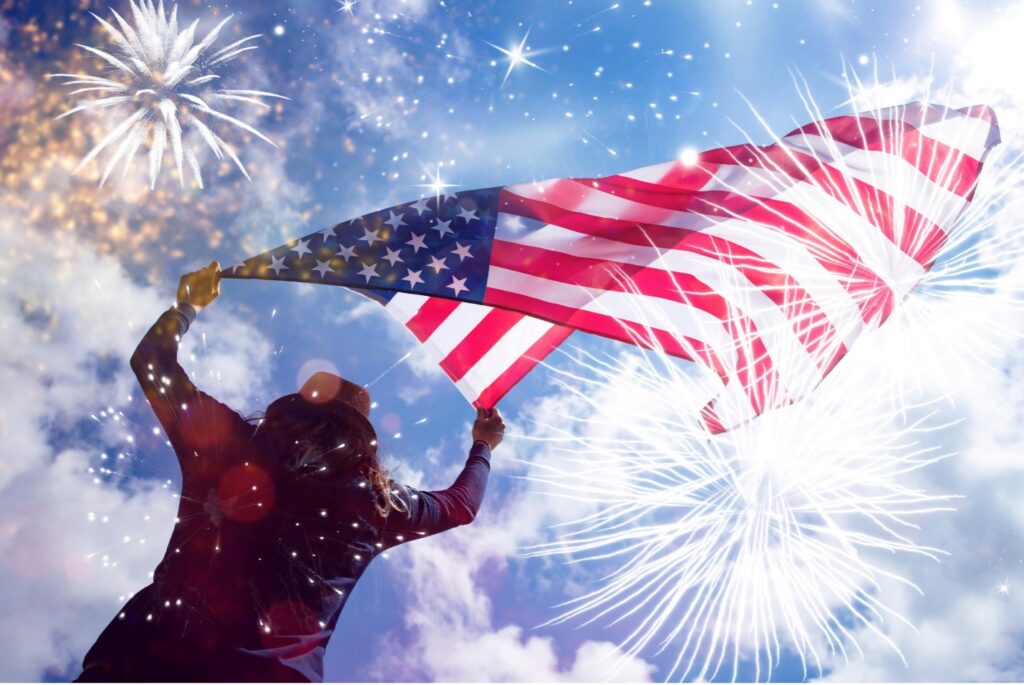You have the right to disagree with the IRS, and superstar performer and business mogul Beyoncé Knowles-Carter is serving up some high-profile proof.
Knowles-Carter is contesting nearly $2.7 million in IRS taxes and penalties that were recently accessed by the IRS. The Notice of Deficiency claims she still owes $805,850.00 for 2018 and $1,442,747.00 for 2019, in addition to $449,719.40 in combined penalties. She’s also on the hook for interest on the amount owes.
But, as CPA Practice Advisor explains, “Beyoncé’s legal team is disputing at least $868,766 of that total, arguing that [she] had donated that amount to charity in 2018, and therefore it should have been counted as a deduction. The petition also argues that if there’s a deficiency in her payments, she ‘has acted reasonably and in good faith,’ and should not be required to pay [penalties on the amount she still owes].” As of this writing, a court date hasn’t been set yet.
The arrival of an IRS Notice of Deficiency can be an unfortunate rite of passage for a taxpayer. The IRS makes clear that it’s not a bill, and it’s not even an accusation of wrongdoing, but rather, a notice that it “received information from a third party, such as employers or financial institutions, that doesn’t match the information you reported on your return.” This notice could also claim that the IRS didn’t receive a tax return for the year in question at all. That letter will include the IRS’s assessment of taxes, penalties, and interest it believes is due.
The date of the Notice triggers a critical deadline that must be respected. You have 90 days to agree to the payment or to file a tax return matching the IRS’s assessment if you hadn’t yet. Otherwise, you must petition the U.S. Tax Court within that timeframe. You can dispute the assessment with the IRS before petitioning the Tax Court, but it’s not wise to wait around for an answer. You won’t be granted more time to petition just because the IRS took its sweet time responding to you.
Knowles-Carter’s team successfully made the 90-day deadline to petition and, as it appears, will center her argument around the legitimacy of her charitable deductions. The inclusion of acting “reasonably and in good faith” is a common way to at least dispute penalties, even if the tax deficiency depute fails. The IRS will consider factors including “steps you took to understand your tax obligation or seek help from a tax advisor” and evidence that “you acted in a responsible manner both before and after the failure.” It’s all part of the overarching Taxpayer Bill of Rights that Knowles-Carter is so publicly demonstrating. Feel free to contact us with questions.

























